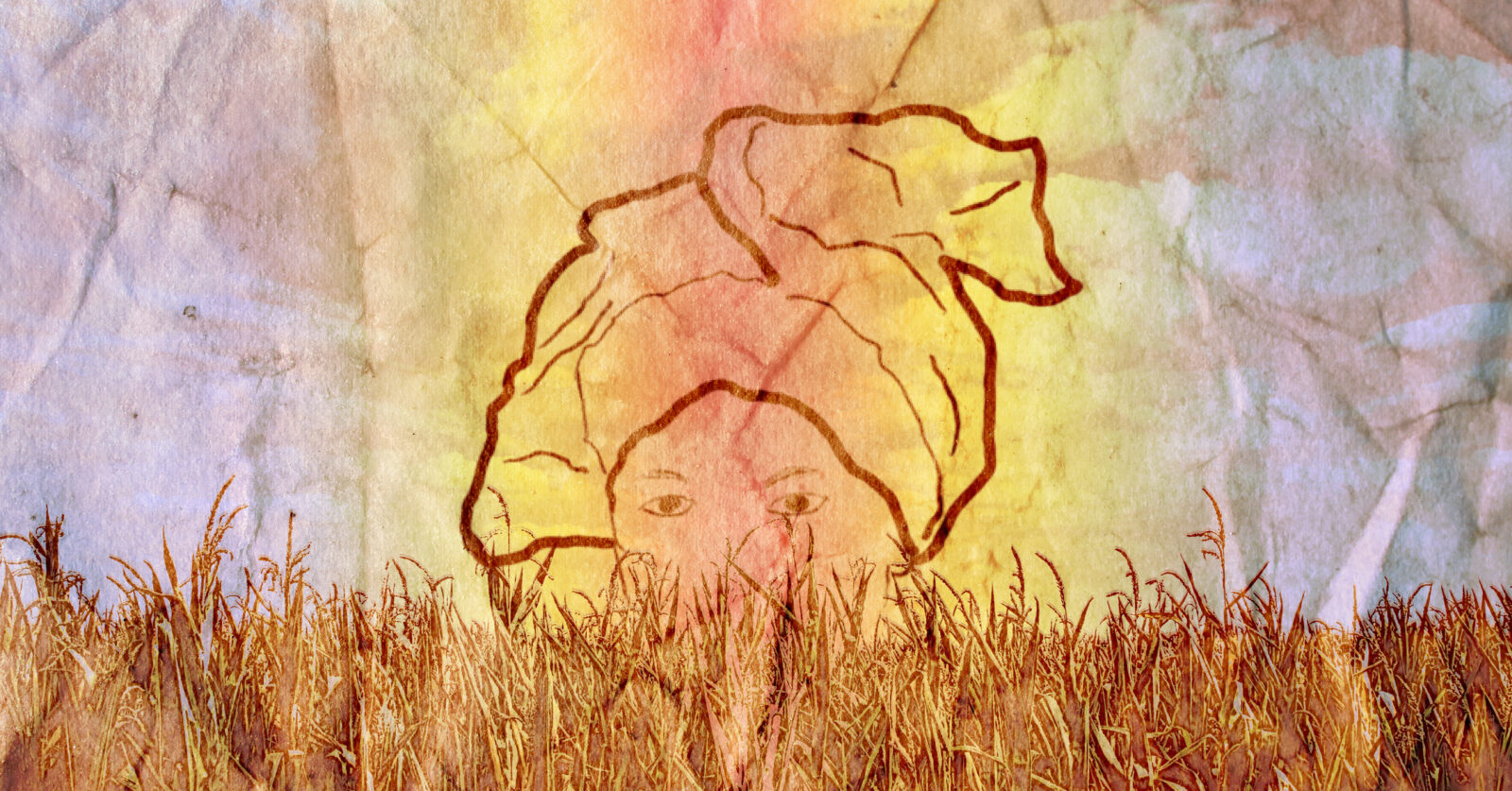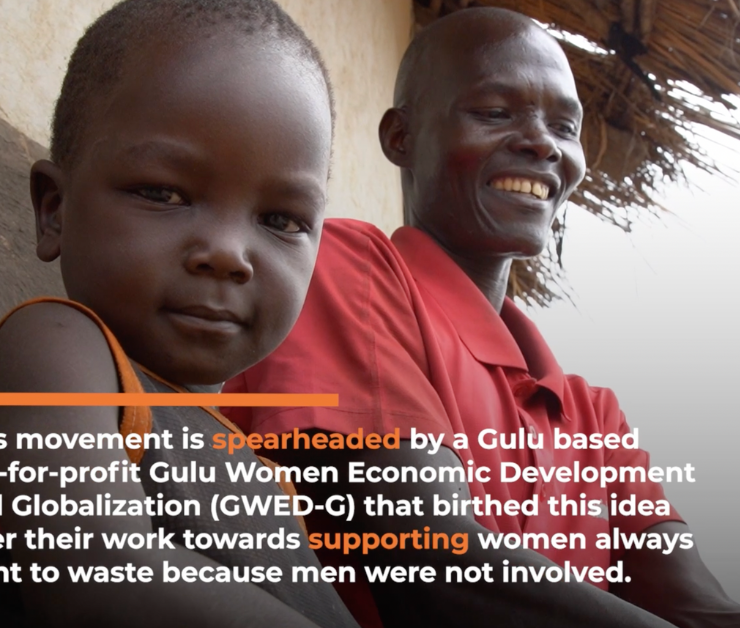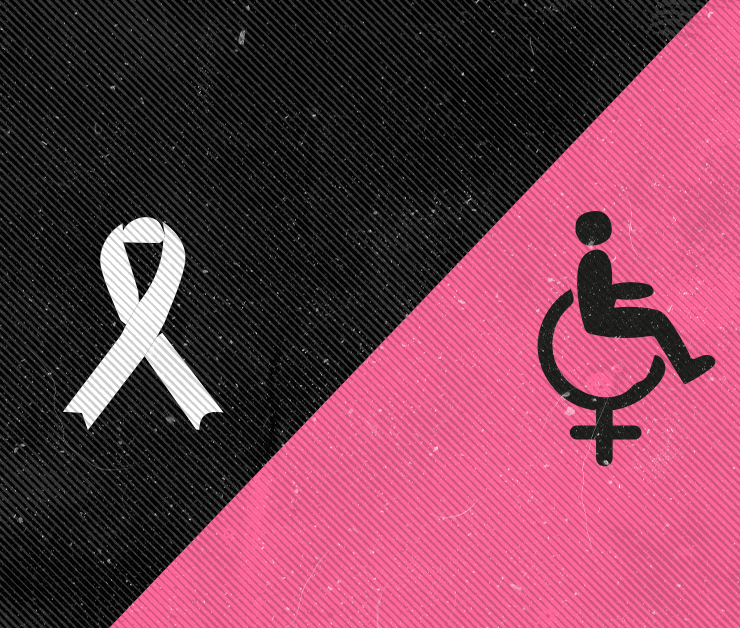How Congolese women put an end to generations of economic abuse
- Access to land and natural resources is essential to the survival of women in eastern DRC; yet the culture discriminates against them by denying them the right to acquire plots of land. In the Nyangezi region, around a hundred women have started to acquire land despite these barriers. They are inspiring others with their extraordinary stories.

In the Wafuliro culture, to which Joséphine Mahendwa belongs, it is a shame for a woman to go back to her parents’ house; so she resorted to moving from house to house with her three children after her husband’s death 23 years ago at Uvira in eastern Democratic Republic of Congo (DRC).
“My husband’s family chased me out of the house my husband had built for our children and me,” the 50-year-old Mahendwa says. “They took all the land titles, divided the house among themselves, and asked me to go back to my parents.”
Mahendwa is not the only woman to suffer from this predation. Access to land and natural resources is essential to the survival of women in eastern DRC; yet, the culture discriminates against them by denying them the right to acquire plots of land.
“We women haven’t had the right to own a plot of land or a field,” says Ida Mukungilwa, Chief of the Department of Gender in Karongo chiefdom. “We don’t benefit from inheritance and even when we have the money, no village chief agrees to sell us a plot of land.”
“It’s very clear that culture discriminates against women, especially in rural areas where there are no state legal institutions,” explains Gratias Kibanja, a women’s rights activist and lawyer. “In many ethnic groups, culture dictates that a woman can only inherit land from her husband, but she should first inherit from her parents.”
WFP statistics show over 95% of rural women work in agriculture. Women account for 60% of the agricultural workforce and 73% of farmers, producing 80% of the foodstuffs intended for family consumption. “Many [women] had to practice agriculture on other people’s land,” says Rachel Boketa, former Country Director for Women for Women International. “They are working for other people for 2000 Congolese francs (approx. 1US dollar) per day and it’s not guaranteed that they will have that job every day.”
Women for Women International (WfWI) has long recognised that depriving women of their land rights not only marginalises them but can also be seen as a particularly insidious form of gender-based violence.
“Having land property in the name of women prevents children from suffering when the father is dead,” says Boketa. “Having their land protects their independence and their sustainability if any dispute comes in the future.”
As part of the 2021-2022 Project RISE (Resilient, Inclusive, Sustainable Environment), a series of four-hour workshops for community members from several villages in and around Nyangezi, the WfWI organisation worked to empower women in the Nyangezi region of eastern DRC. From lawyers to gender experts to conflict resolution experts, the organisation’s facilitators taught and discussed the contours of Congolese law, equal access to land, and the need to resolve this disparity.
“I found out from a neighbour that there was a training course on women’s access to land and that it was open to everyone,” says Barakomerwa Mwakompanyi, a 51-year-old mother of five.
“That evening, I told my husband and the next day, we joined the others with the intention of learning.”
In this region, owning land means ensuring the independence of the women who work on it.
“In rural areas, families decide to choose boys and not girls to go to school. As a result, girls are not (or maybe less) educated,” says Boketa, explaining the importance of the project. “This leads to] gender-based violence. When men die, [their] family members come and take everything, sometimes even the house they were living in. And they throw the women in the street, even [with] kids.”
But with initiatives like Project RISE, this form of discrimination is reducing. According to the Gender and Environment Resource Center, the partnership between the Innovation and Training for Development and Peace (IFDP) and WfWI “successfully increased understanding of land rights and women’s access to land among men and women in the Nyagenzi community in South Kivu.”
They testified that the project increased the knowledge of 1,418 women of land rights and gender-based violence (GBV) through training and provided the land reflection groups in the community with the knowledge and tools to support women as they exercised their land rights and prevent GBV and land tenure conflict.
By March 2022, 133 women had secured up to 145 customer land titles and 262 women were in the process of claiming their land titles; hundreds of women have received technical, legal and financial support that has helped them to become landowners; and 100 of them now own land in eastern DRC. In total, 2, 859 people have benefited from the project, 173 people have been trained on preventing gender-based violence (GBV) and 66% of participants became more aware and educated about gender-based violence (GBV) because of this project.
Numbers aside, Project RISE is now the first stop for all the women in Nyangezi who own land and want to secure it, as well as women who are working towards owning their land. It not only awarded diplomas to women who have completed the programs and facilitated their access to the Congolese land registry services, but it has also changed the mentality of the community about land ownership, economic rights and empowerment.
In addition, WfWI provides lawyers to accompany women to the state land services to help them apply for land security. Today, many women go through them to buy or reclaim land to support their families, especially through agriculture.
“As the project team carried out community sensitisation activities and the Men’s Engagement Program to raise awareness about topics such as preventing GBV, positive masculinity, and women’s land rights, the number of reported GBV cases declined among project participants,” Gender and Environment Resource reports.
“Men who participated in the training exhibited shifts in behaviour and attitudes toward women and land rights, including male leaders who serve as role models to other community members. One village chief who was initially opposed to registering land in a woman’s name changed his perspective after attending the training, gave land to his wife, and encouraged other men in his village to do the same. By the end of the project, all-male community leaders that participated in the project provided land to their wives.”
In Nyangezi, the current challenge is gaining access to land registry services and reducing administrative costs. Many women, like Joséphine Mahendwa, are hoping the Congolese government would reduce the cost of acquiring legal land documents so it can be easier for them to acquire land. For Mahendwa, this land is for farming.
“It’s a big step forward in this region, where every economic activity has to do with land. Women used to work in lands that did not belong to them; now things are starting to change and we women are more fulfilled,” says Ida Mukungilwa. In addition to her family home, Mukungilwa has already bought another plot of land where she has set up a small manual brick-making factory in the town of Bukavu.
Several Project RISE alumni have become activists, helping women in their communities to emancipate themselves economically and socially as they did. They also encourage men and community leaders to support women in their businesses and investments by facilitating their access to land.
Joséphine Mahendwa reveals that the work WfWI does opened her to the knowledge that women can also own land under the laws of the country.
“I quickly collected some of the money I had and asked my son, who is a pharmacist, to add a little money so I can buy this plot of land,” she says. “Now, it is possible to draw up legal documents and become a landowner.”
Edited/Reviewed by Caleb Okereke and Uzoma Ihejirika
Akilimali Saleh Chomachoma is a dedicated and ambitious independent journalist who reports from Congo and Central Africa. He produces stories about breaking news, business, politics, justice, environment, specifically climate change, and health.






